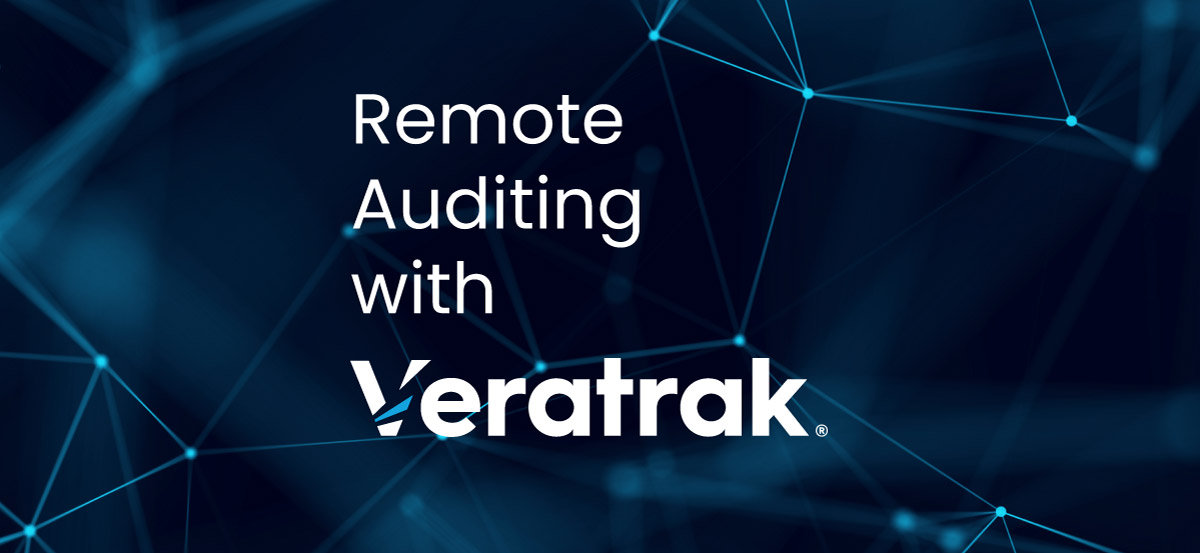Remote Auditing: How can the life sciences supply chain adapt?

Business operations in many industries have had to adapt to restrictions in place to curb the spread of Covid-19. While some operations can be paused until it is safe to resume normal practices, like working alongside colleagues or in-person trade shows, for many of the world’s critical industries, customers and suppliers must carry on communicating and collaborating.
GxP manufacturing in the pharmaceutical industry has had to adjust to meet the challenges Covid-19 poses. The pharmaceutical supply chain, continuing to develop, test, manufacture, and ship medicine across borders around the world, has to ensure rigorous quality for these processes now, more than ever.
To ensure this quality is achieved, supplier audits are performed both when on-boarding a new supplier and then periodically to track continued quality over time. These audits traditionally take place in-person, with customers visiting their suppliers (often across continents) to view manufacturing operations and review quality documentation, certificates, and process documents.
With ongoing travel restrictions, pharmaceutical companies have had to quickly pivot to carrying out remote audits of their supply chain; without sacrificing the rigor and detail. There are indeed many factors to consider when moving a process that would typically involve in-person interaction onto a digital medium. Questions such as:
- Will the tool used to carry out the remote audit meet regulatory requirements?
- Will the switch to remote audit fit within current budget restrictions?
- How will the stakeholders be trained to use the technology assisting with the remote audit?
- Is this a secure method of audit?
And perhaps many more.
The MHRA recommends that the “provision of documents via electronic means is preferred” for inspections in this light, and that organizations carrying on remotely to certify batches should prepare to provide records via secure company drives.
Whilst these adaptations to traditional audits are necessary in the current climate, some companies may indeed opt for remote audits after travel restrictions are lifted. A remote audit ensures that no logistics are impacted by travel restrictions, saves time and money from travel, and is more environmentally friendly for the global supply chain.
Veratrak is assisting pharmaceutical companies and life science companies to quickly facilitate remote audits; without the need for bulky technological requirements, intensive training, or massive budgets.
Using innovative, blockchain-backed technology, Veratrak provides pharmaceutical companies and their suppliers a cloud-based solution designed specifically for the life sciences industry and its strict regulations.
In November, The World Economic Forum recommended blockchain technology as the “perfect infrastructure for supply chain management platforms” due to its immutability, providing the advantage that “consequently drives a higher level of accountability by each participant that writes new data”.
Built according to EU GMP Annex 11 and GAMP5® guidelines, Veratrak provides customers with the ability to remotely share, view, and electronically sign GxP documents using built-in FDA 21 CFR Part 11 e-signatures. All data documents exchanged during a remote audit can be uploaded and viewed securely from anywhere in the world.
Onboard your team and suppliers in minutes in Veratrak to begin securely exchanging your critical documentation to ensure you can maintain quality, data integrity and traceability across your supply chain to continue operating.
If you would like to learn more, contact a member of our team at info@veratrak.com today.
